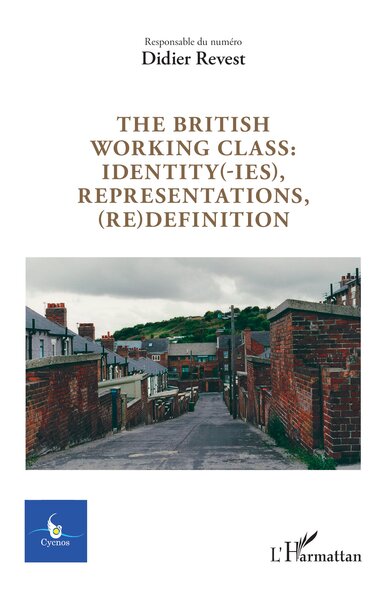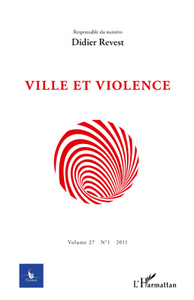Nous utilisons des cookies pour améliorer votre expérience. Pour nous conformer à la nouvelle directive sur la vie privée, nous devons demander votre consentement à l’utilisation de ces cookies. En savoir plus.
The british working
L'Harmattan - EAN : 9782336447988
Édition papier
EAN : 9782336447988
Paru le : 25 avr. 2024
21,00 €
19,91 €
Disponible
Pour connaître votre prix et commander, identifiez-vous
Notre engagement qualité
-
 Livraison gratuite
Livraison gratuite
en France sans minimum
de commande -
 Manquants maintenus
Manquants maintenus
en commande
automatiquement -
 Un interlocuteur
Un interlocuteur
unique pour toutes
vos commandes -
 Toutes les licences
Toutes les licences
numériques du marché
au tarif éditeur -
 Assistance téléphonique
Assistance téléphonique
personalisée sur le
numérique -
 Service client
Service client
Du Lundi au vendredi
de 9h à 18h
- EAN13 : 9782336447988
- Editeur : L'Harmattan
- Date Parution : 25 avr. 2024
- Disponibilite : Disponible
- Barème de remise : NS
- Nombre de pages : 184
- Format : H:240 mm L:155 mm E:10 mm
- Poids : 283gr
-
Résumé :
It is commonplace in certain quarters to posit that the British working class has virtually disappeared because of the collapse of manufacturing in the last decades of the 20th century. However, it is hardly plausible that there should be nothing left today of a social group that was conspicuous in the past owing both to its deep involvement in the economy and its palpable presence in the urban environment.
As a matter of fact, not only has the working class been of interest to film-makers, singers, cartoonists, etc., over the last half century or so, but a majority of 21st-century Britons still consider themselves to be “working-class” while many eke out a living by performing tiring, repetitive, low-skilled and poorly-paid tasks, i.e. tasks typical of those carried out by workers in the past.
This issue of Cycnos, therefore, aims at showing that the aforementioned verdict probably fails to take into consideration a number of critical questions that range from the notion of representation to that of permanence (whether physical or otherwise). - Biographie : Didier Revest est professeur de civilisation britannique à Université Côte d’Azur et membre du LIRCES (Laboratoire Interdisciplinaire Récits Cultures Et Sociétés).





